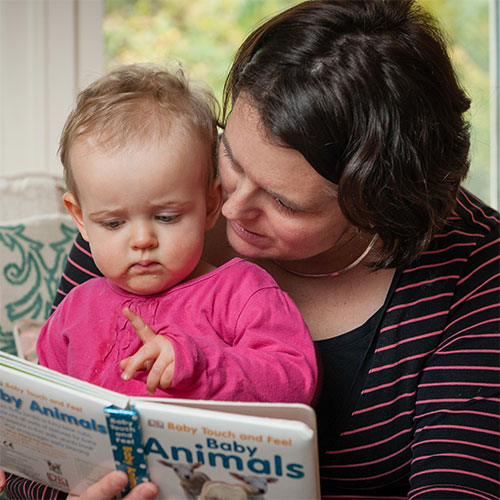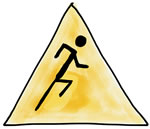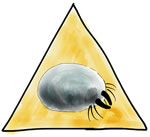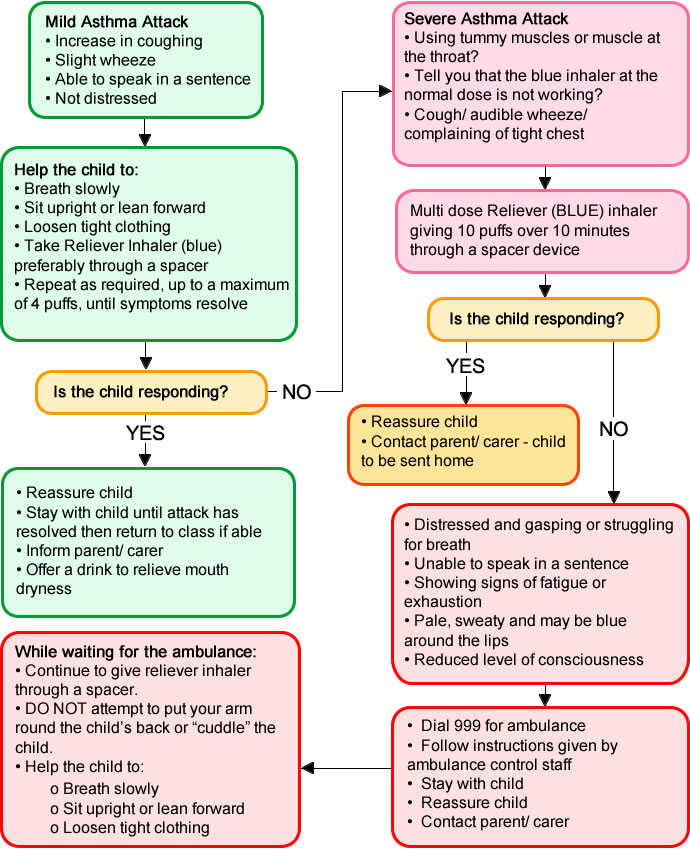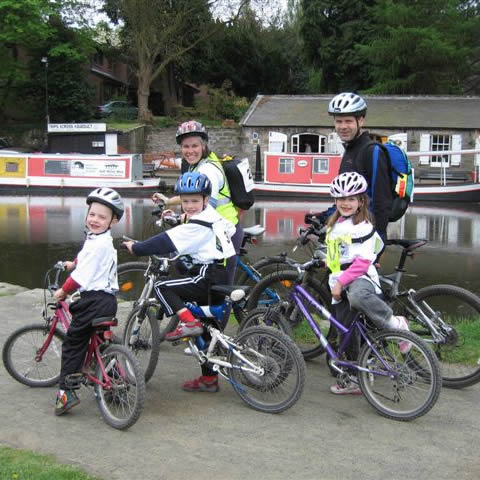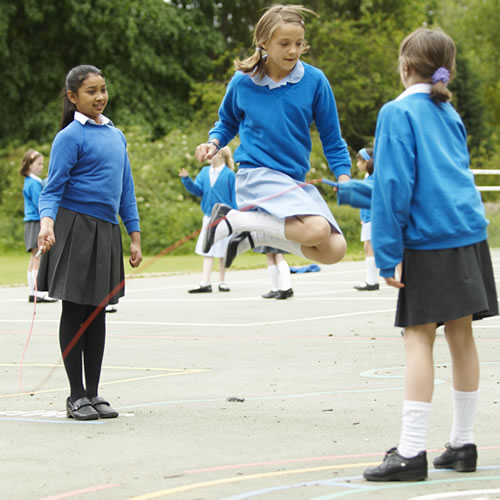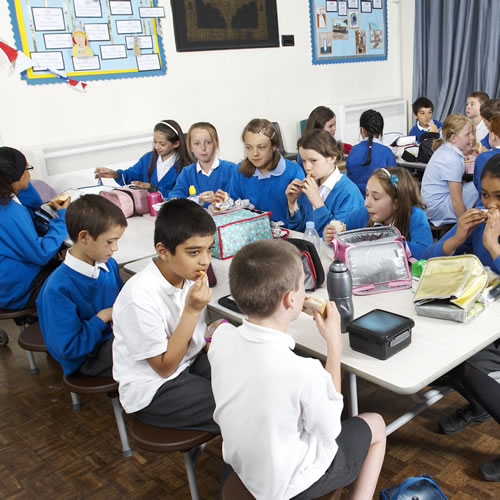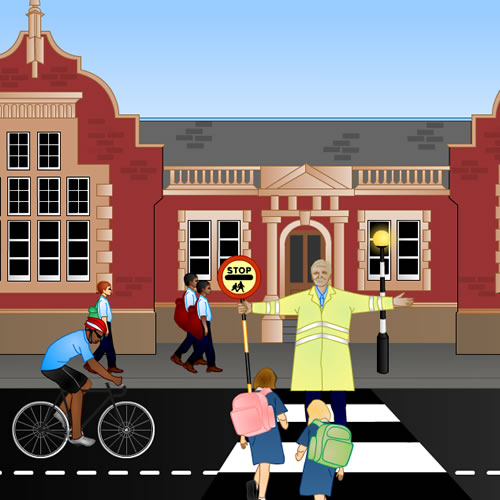Try to encourage your child to take their inhalers. Have an inhaler routine with your child which is relaxed for them and you. Be prepared to try again. Many children will need time to learn how to take inhalers. Give small children lots of praise when they do well and if they don’t take the 10 breaths they should, you have to change your behaviour. If you don’t change first, your child will continue to fight the inhalers because they learn that you will just give up and they think they won’t need to take them.
Here’s some tips in setting clear boundaries and sticking to them!
- Try to reduce the amount of distractions while you are trying to get the child to concentrate on the inhalers.
- Turn off the TV or game console and create a quiet environment.
- Send other children to do something in another room while you are with the child taking the inhaler.
- If the child takes about 2 breaths and then runs away it can be a fight to get their attention back, this can be frustrating for you but perseverance is important.
- You can try a rewards system of chart and stickers for every time your child takes their inhalers. Give lots of praise and encouragement when they have done well. Don’t be tempted into giving sweets as a reward. Instead let the child choose a game or activity they want to do after their medication.
- Get your child used to their inhaler. Let them personalise the inhaler with small stickers for example.
- Be firm and set boundaries.
- If your child won’t sit and take their inhalers try showing the child what you want them to do using a toy teddy or doll.
- If all this fails, as a last resort try getting a big bath towel or a blanket and this then becomes the same as “the naughty step!” Try to cuddle the child rather than restrain. Tell the child that if they don’t take their inhalers you need to wrap them up like a baby. If the child still won’t co-operate, you can still try to get the medicine into their system.
Setting boundaries and changing behaviour may not be easy for you and takes practice! It can be challenging but consistency is important.


